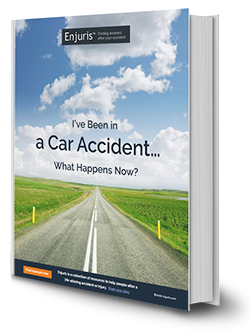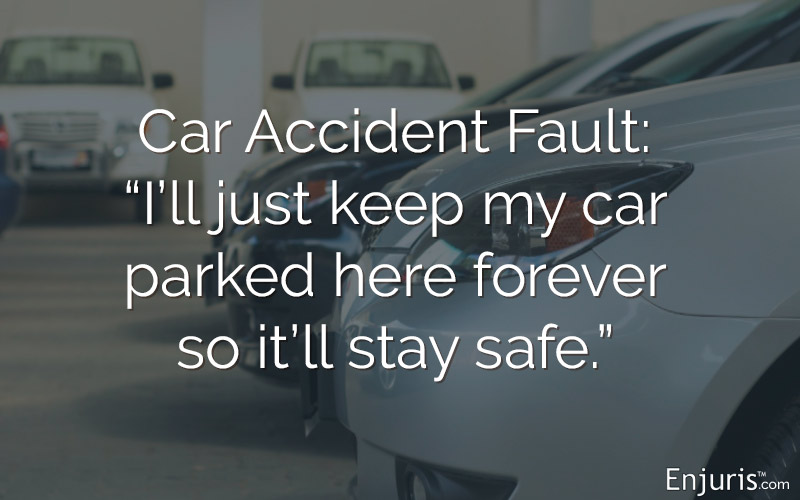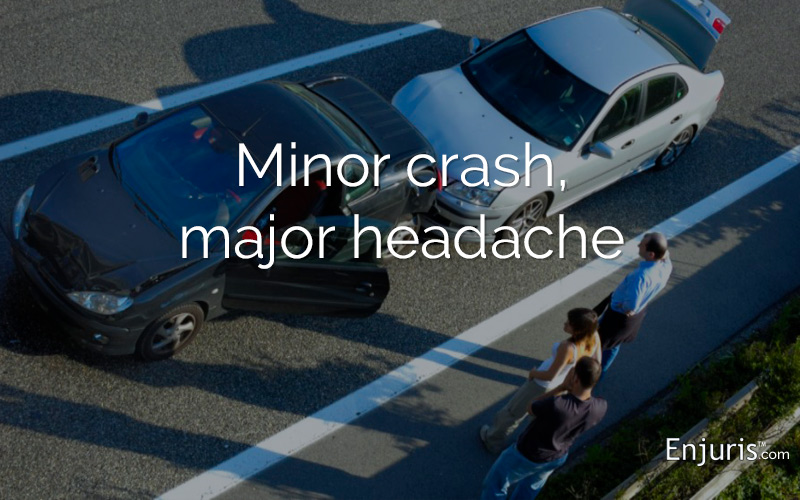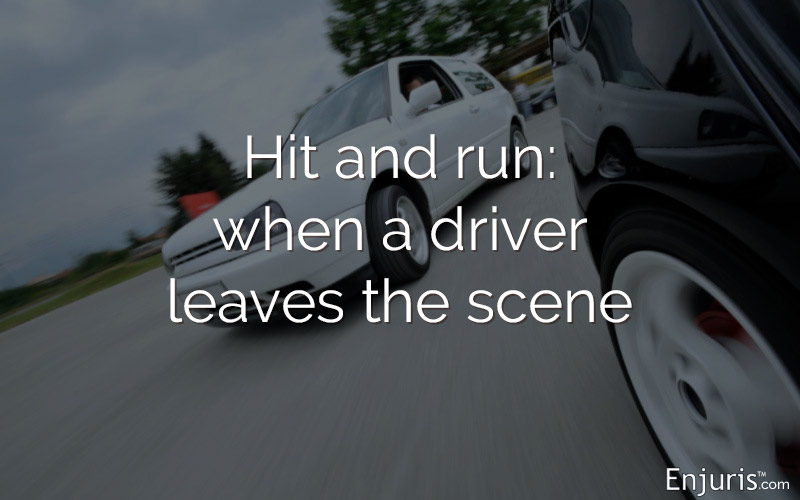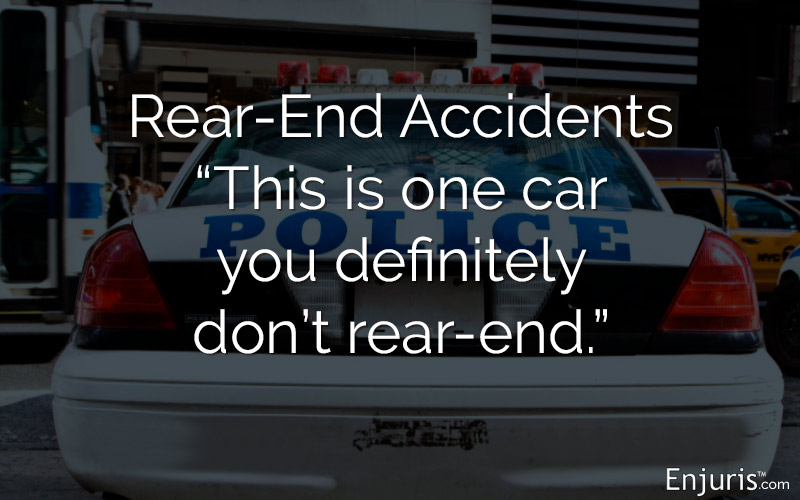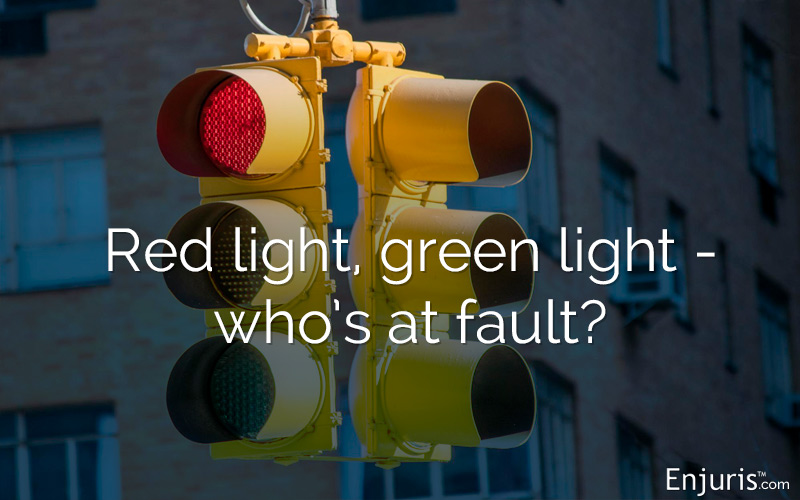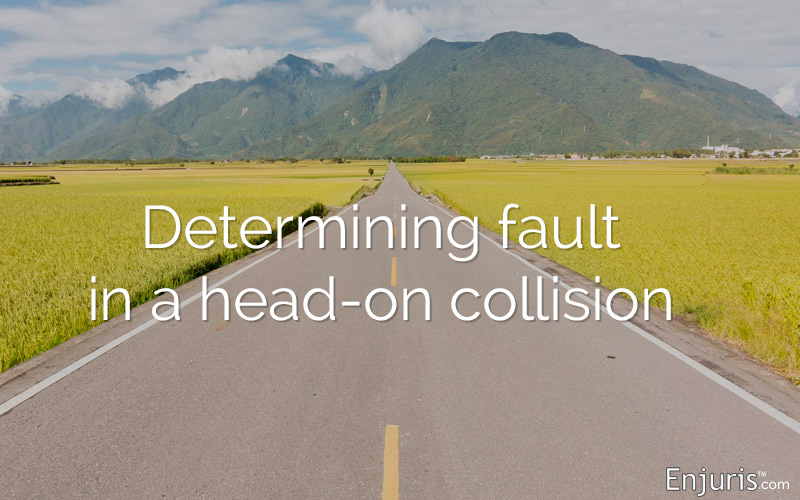Find out about West Virginia car accident laws and insurance requirements
A car accident can be devastating — or a minor inconvenience. Either way, how you recover damages is based on the West Virginia fault system and insurance laws. Here’s everything you need to know about handling a West Virginia car accident.
The Mountain State’s average elevation is higher than any other state east of the Mississippi River. That’s because it’s the only state completely within the Appalachian Mountain region.
However, the geological aspects of the state, in addition to the fact that it’s the most forested state—with the Monongahela National Forest covering nearly a million acres of land that span 10 counties—means that there are some unique conditions when it comes to driving.
Weather conditions can change drastically and rapidly in the mountains. Driving conditions on curvy, steep mountain roads can be treacherous under normal conditions but if a quick weather change happens, treacherous can become hazardous or even deadly.
But with so much of the state involving travel on mountain roads, it’s important to understand what to do if you’re in an accident and the West Virginia car accident laws.
West Virginia car accident laws
West Virginia car accident statute of limitations
Each state has a set of statutes of limitations that provide limits for the amount of time a plaintiff has in which to file a lawsuit. If you miss the deadline, the court can refuse to consider your case.
If you’re in a West Virginia car accident, you have two years from the date of the crash in which to file a lawsuit.
It should be noted that this applies only to lawsuits, not insurance claims. Your insurance company has its own deadlines for when you must file a claim. Usually, these are fairly shortly after an accident so it could be within days or weeks. Aside from obtaining medical treatment and consulting a lawyer, filing a report with your insurance company should be one of your first calls after an accident.
If you’re filing a lawsuit on behalf of a family member for a wrongful death as a result of an accident, the statute of limitations is the same two years, but it begins to run on the date of the person’s death, not on the date of the accident.
West Virginia at-fault car insurance requirements
In an at-fault state, the person who causes the accident is responsible for paying the costs of the accident.
A West Virginia driver is required to have the following liability insurance:
- $25,000 per accident for property damage
- $25,000 per person for personal injuries
- $50,000 per accident for all persons’ injuries
The injured person would make a claim against the at-fault driver. If the amount of their claim exceeds the amount of the at-fault driver’s insurance policy, the at-fault driver is responsible for paying the remainder of the damages out-of-pocket. If they don’t, the victim could file a lawsuit.
What does liability insurance cover?
This insurance covers medical treatment, property damage, and other expenses related to the accident for any driver, passenger, pedestrian or other injured person. You can always choose to have higher policy limits, and many people do, in order to protect your assets if you’re in a serious accident.
Usually, the insurance “follows the vehicle,” which means your insurance would cover a family member driving your car or anyone you’ve given permission to use it. It would also cover you while driving a rental car.
However, liability coverage doesn’t cover you. You would need optional collision coverage for the expense of damage to your own vehicle.
Uninsured motorist coverage
West Virginia requires each driver to have uninsured motorist coverage included in their insurance policy. This would protect the policyholder and anyone driving their car (with permission), along with their passengers, if they are injured in an accident with an uninsured driver.
You’re required to have the following insurance:
- $25,000 for bodily injury or death of one person in an accident caused by an uninsured driver
- $25,000 for property damage per accident caused by an uninsured driver
- $50,000 for total bodily injury or death in an accident caused by an uninsured driver
You always have the option to purchase higher coverage amounts if you wish.
West Virginia car accident fault rules
The person who causes a car accident is responsible for paying the victims’ costs related to the accident.
There are three ways a victim can claim damages (compensation) from an at-fault driver after an accident:
- File a claim with your own insurance company. Your insurance will likely file a subrogation claim against the at-fault driver’s insurance.
- File a claim directly with the at-fault driver’s insurance company. This is called a third-party claim.
- File a personal injury lawsuit against the at-fault driver.
Why would you file a lawsuit instead of an insurance claim?
Usually, it’s not “instead of,” but rather, “in addition to.”
One reason is if the at-fault driver’s insurance, plus your uninsured driver insurance, does not cover the entirety of your claim. You can file a lawsuit for any amount that exceeds insurance coverage.
Another reason is that insurance doesn’t cover non-economic costs like pain and suffering or mental anguish. Although these are very real effects from a car accident, they’re not generally included in an insurance settlement. If the accident was severe and you experienced non-economic losses, the only way to claim these would be through a personal injury lawsuit.
West Virginia follows the modified comparative fault rule (also known as the 50% rule). An injured plaintiff must be 50% or less at fault in order to recover any damages.
In other words, sometimes the insurance companies or the courts determine that even though the defendant caused an accident, the injured person (plaintiff) could have reacted faster or behaved in a way that would have prevented or minimized the damage. If they are found to be more than 50% at fault, then they can’t recover damages from a West Virginia crash.
If the plaintiff has any shared liability for the accident, their damages would be reduced according to their percentage of fault.
Obligations after an accident
Nearly every state has some type of hit-and-run laws; that means you must stop your vehicle after a crash and exchange information with any other involved parties.
West Virginia is no exception. If you’re involved in an accident that results in property damage or injury to a person, you’re required to stop, exchange contact information with the involved parties, and provide assistance to anyone who is injured. If you leave the scene without doing these things, you can be charged with a criminal offense.
The penalties include a year in jail and a fine up to $1,000. If the crash involved serious injury or death and the driver leaves the scene, they could be guilty of a felony and be sentenced to up to three years in prison and up to $2,500 in fines.
In addition, each state has its own rules for whether, when, and how accidents need to be reported.
The accident reporting requirement in West Virginia indicates that if there’s a death, injury, or property damage worth more than $1,000, the accident must be reported to authorities immediately.
The law is complicated, and you want to be sure to receive the compensation you need and deserve. That’s why it’s crucial to seek the guidance of a West Virginia car accident lawyer after a crash. Your lawyer will negotiate with the insurance companies to minimize your liability and maximize your settlement amount—whether or not you need to file a lawsuit.
A lawsuit is usually the last resort, and your lawyer will try to keep your claim out of the courtroom. But if you do find yourself in a complicated legal situation, a skilled and experienced lawyer is your best bet for a favorable outcome.
Additional resources
Refer to this list of free printable documents that are designed to help organize your needs after a car accident. Documents include:
Still not finding what you need?
Check out our other articles on motor vehicle accidents in West Virginia.
Did you know that car accident law varies by state?
Hurt in a car crash? You may find these resources helpful
Need a lawyer?
What does an injury lawyer do?
A personal injury lawyer helps individuals who have sustained injuries in accidents to recover financial compensation. These funds are often needed to pay for medical treatment, make up for lost wages and provide compensation for injuries suffered. Sometimes a case that seems simple at first may become more complicated. In these cases, consider hiring an experienced personal injury lawyer. Read more
Common car accidents
